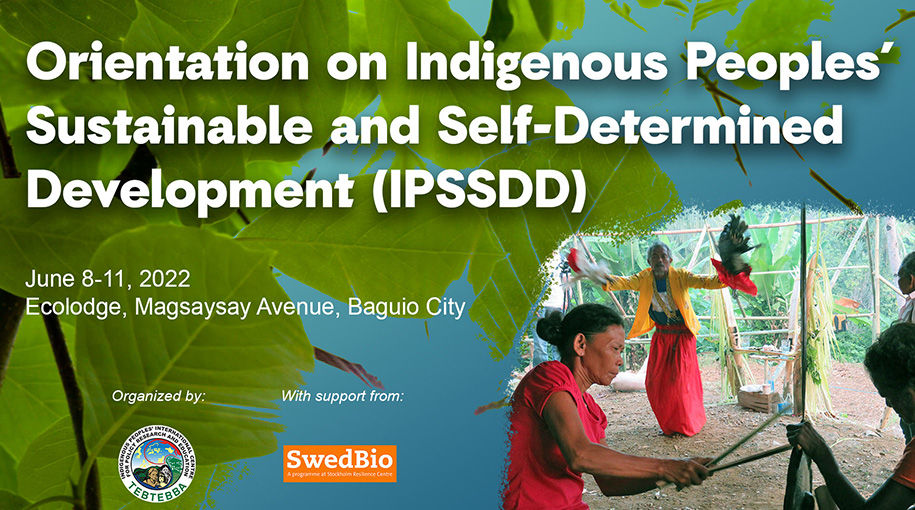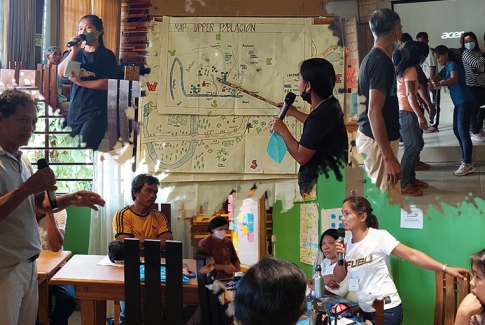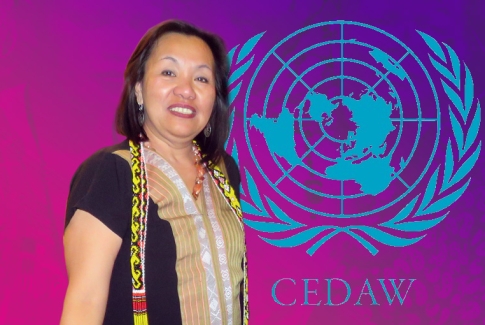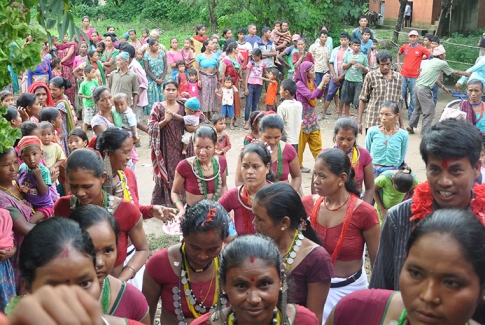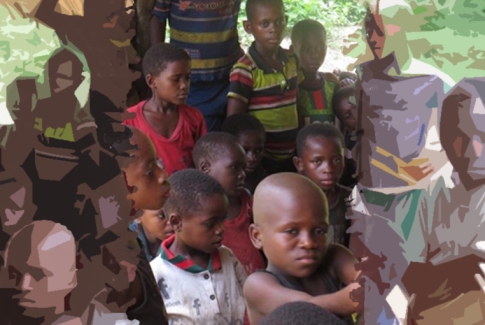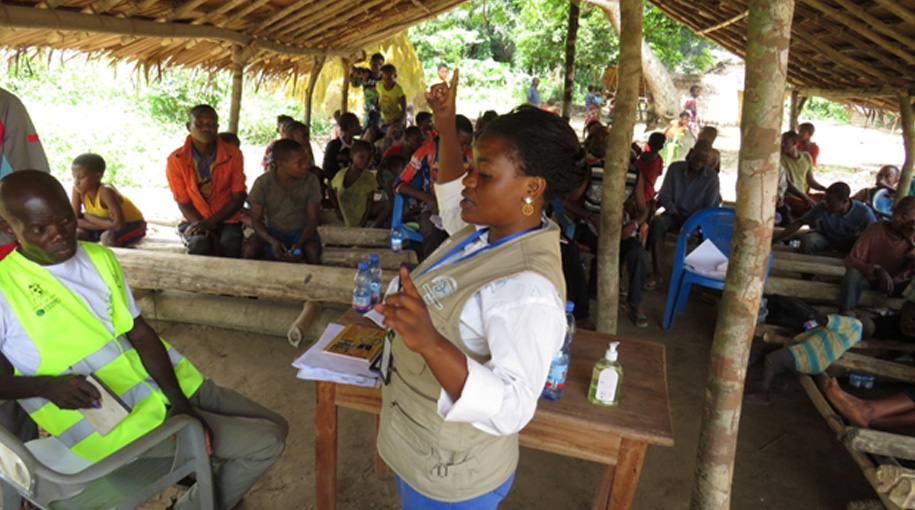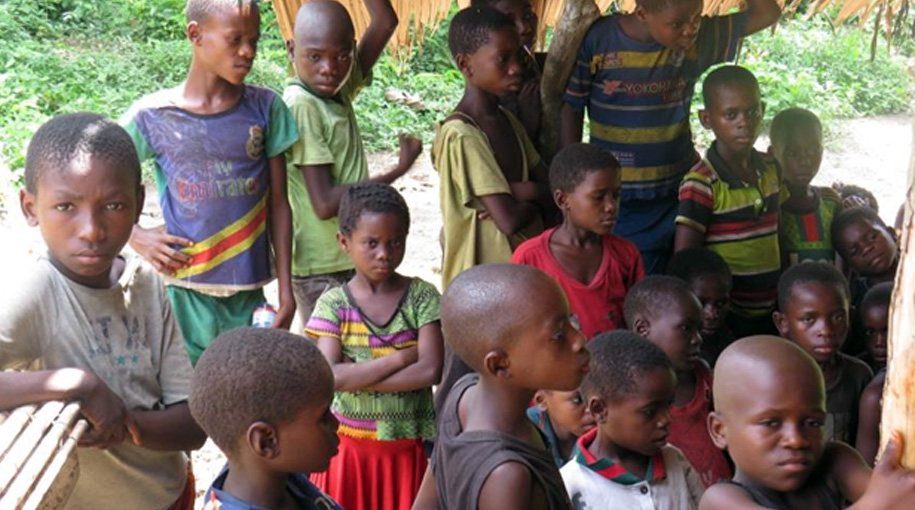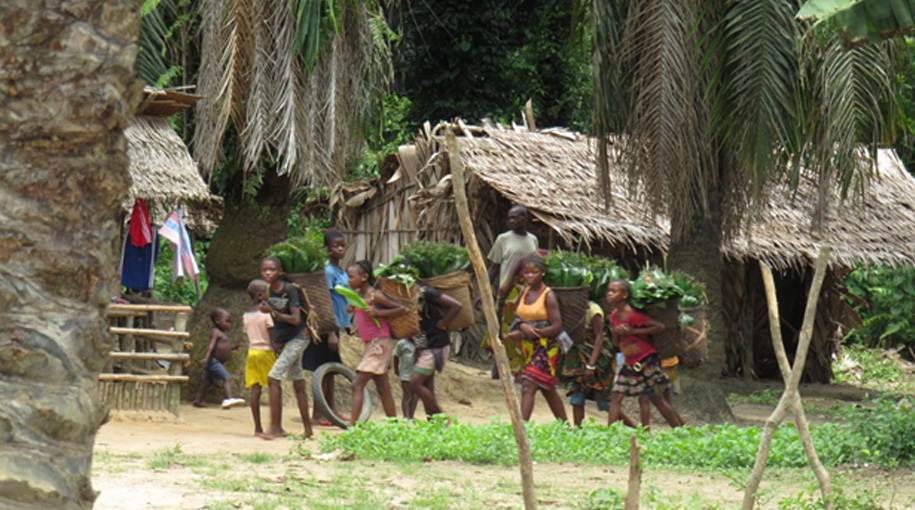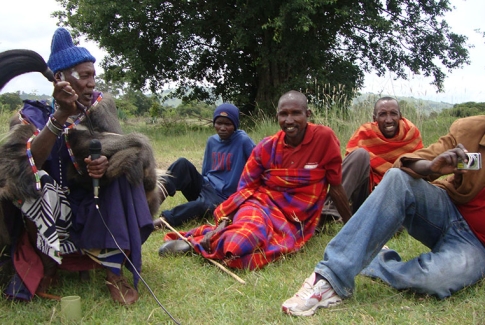“What we are promoting is IPSSDD. It means sustainable development which you have the right to decide upon. It’s a development that does not destroy the environment.”
Victoria Tauli-Corpuz, Founder and Executive Director of Tebtebba, remarked during the opening session of the Orientation on Indigenous Peoples’ Sustainable and Self-Determined Development (IPSSDD) of Ganak da I-Licoy that sustainable development is the kind of development that will provide growth and progress.
About 24 elders and members of Ganak da I-Licoy in Paracelis, Mountain Province in the Cordillera region of the Philippines participated in the learning sessions on IPSSDD last 8 to 11 June 2022 in Baguio City. The sessions focused on elaborating the integrated and holistic approach to the self-determined and sustainable development of indigenous peoples which, for years, has been the framework of Tebtebba and ELATIA partners in community development.
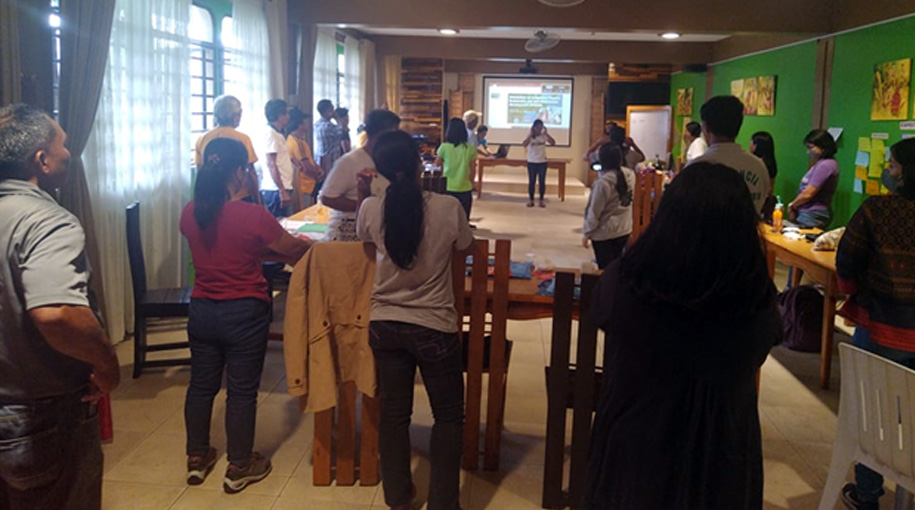
To better understand the situation of indigenous peoples around the world and its linkages to sustainable development, Helen Biangalen-Magata, Communications Officer of Tebtebba and member of the Indigenous Peoples Advocacy Team for the Green Climate Fund, highlighted the global multiple crises that indigenous peoples are experiencing. She emphasized that the different contexts of the community of Ganak da I-Licoy, which they shared during the opening activity, are not different from what other indigenous peoples are facing.
Biangalen-Magata noted that indigenous peoples around the world, as political actors, are conducting many initiatives to address and resolve these global multiple crises. “Indigenous peoples are not just victims. We are doing a lot, have done a lot, and continue to work to provide solutions to these crises,” she said.
In addition, Abigail Kitma, staff of the Indigenous Peoples’ Rights/Human Rights Programme of Tebtebba, elaborated on the relationship of human rights to development and the need for indigenous peoples to know their rights and assert them.
“Dapat ammo tayo ti rights tayo tapno saan tayo nga kasla bulag nga agkapkapa iti kasipngetan (We must know our rights so that we do not blindly search in the dark),” stressed Marilo Monis, a public-school teacher and member of Ganak da I-Licoy. She also emphasized that if their people are aware of their rights, they can assert the rights of their community.
Furthermore, Kitma emphasized that indigenous peoples’ rights are also human rights. However, indigenous peoples still cannot experience the fulfillment of these rights because of their geographic location and situation.
Eleanor Dictaan-Bang-oa, Coordinator of the Indigenous Women Programme of Tebtebba, added that everyone has equal rights and that all have a claim to human rights. “Everyone has a right to be free from discrimination regardless of creed, faith, culture, language, or anything,” she pointed out.
In a group activity during the session on indigenous women, i-Licoy women participants identified the different challenges they face including their corresponding causes and effects. The mechanisms set in place to address the violation of the rights of the indigenous women in their community were also discussed. The participants gave examples of how their customary laws help resolve cases involving the violation of women’s rights.
Moreover, Mary Jane Chiyawan, a Ganak da I-Licoy member, said that they need to continuously see to it that violence against women is prevented. “Let us educate our children,” she said.
IPSSDD is an integrated and holistic approach to sustainable development that values the indigenous knowledge, systems, and practices of indigenous peoples in managing their lands, territories, and resources. Through their territorial mapping assignment, the participants were able to sketch the details of their community such as residential, agricultural, and forest areas as well as important bodies of water and infrastructures.
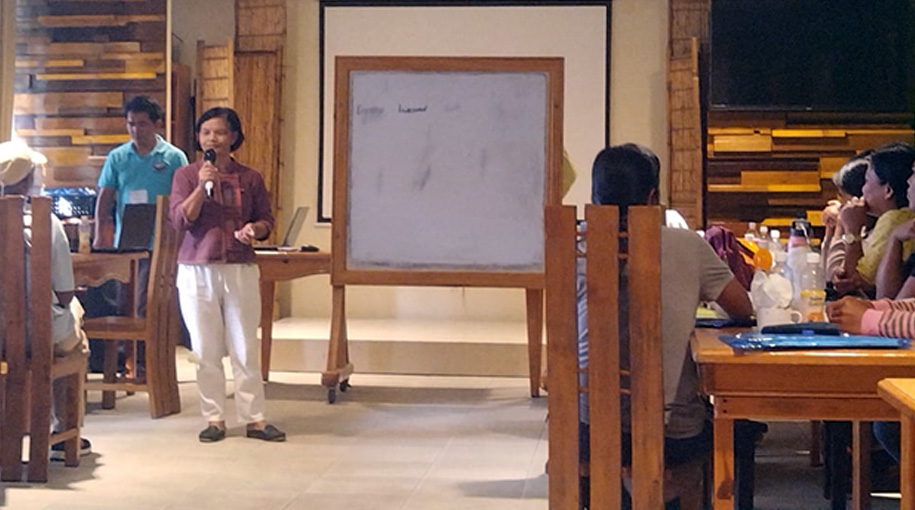
They also shared some of the traditional practices that are still applied in their community such as antomag, a practice where an elder or totomong signals the start of the planting season by planting at least one or two seeds; tukbaw, which is the practice of synchronized harvesting of crops wherein farmers who come late are not allowed to join the harvesting until the third day; and paniyaw, a word depicting the prohibition of a lot of wrongdoings like polluting rivers and eating prohibited animals.
Since sustainable development is closely related to well-being, Roger Lambino, staff of the Resilience Programme of Tebtebba, posed a question about what happiness and well-being meant to Ganak da I-Licoy. Marilo Monis said that the I-Licoy terms gappiya and sadi ampagay both express ultimate happiness and gratification.
The conducted orientation for the Ganak da I-Licoy elders and members provided a venue for discussion of their views and experiences in relation to the different elements of IPSSDD. During the conclusion of the activity, they claimed to have deepened their understanding of their human rights as well as realized that they need to increase their awareness in terms of the many areas of sustainable development. The said event was organized by the ELATIA Indigenous Peoples’ Training Institute and Tebtebba with support from SwedBio.
